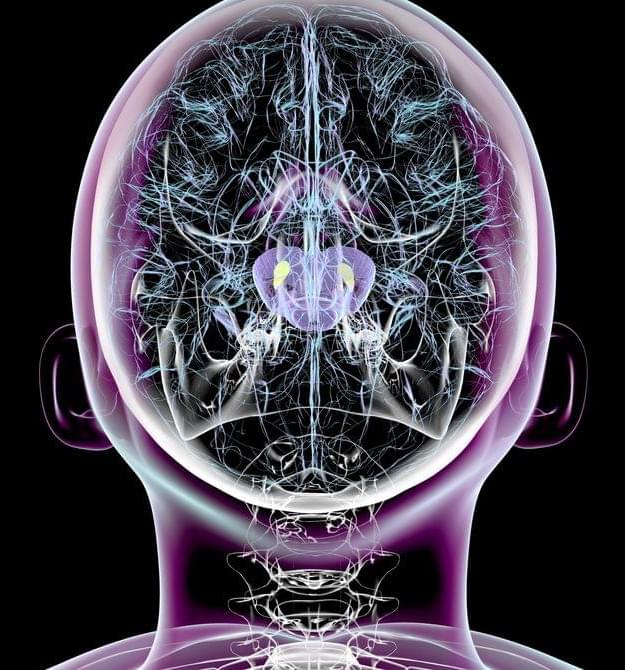In 2017, he led a study that identified for the first time an abnormal form of a protein called SOD1 in Parkinson’s patients. Under normal conditions, this protein acts as an antioxidant enzyme, protecting brain cells from damage caused by free radicals, highly reactive molecules that contain oxygen and can deteriorate cells if not properly neutralized. Free radicals are produced by natural bodily processes as well as by external factors, like diet, smoking, and exposure to pollution.
In people with Parkinson’s disease, SOD1 suffers alterations that prevent it from fulfilling its protective function, with it instead accumulating in the brain and causing neuronal damage, according to the findings of Double’s team.
Based on these results, the team then conducted further research, with results suggesting that copper supplementation in the brain could be an effective way to slow and even reverse the symptoms of Parkinson’s (copper is crucial to SOD1’s function). To test this hypothesis, they evaluated the efficacy of a drug called CuATSM, designed to cross the blood-brain barrier and deliver copper directly to brain tissue.
